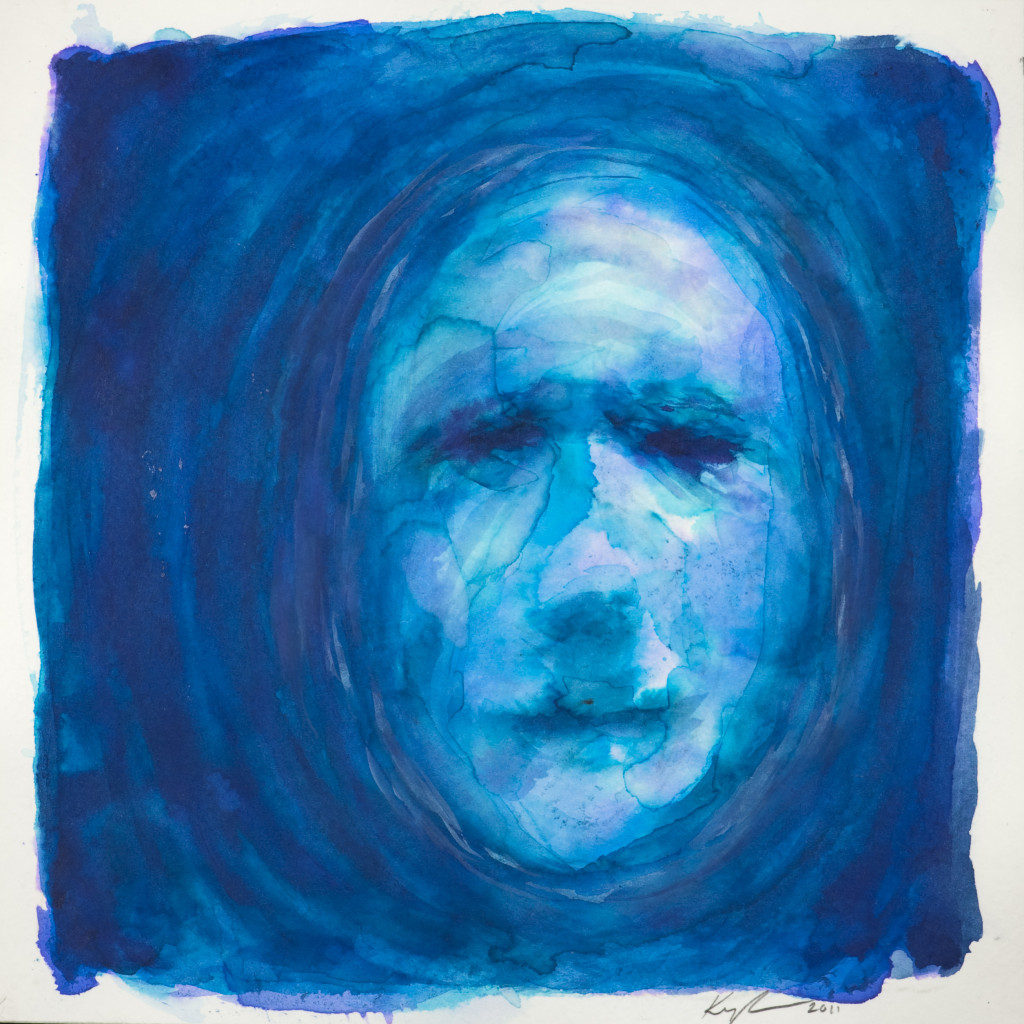One of the most common causes of insomnia is simple stress. And loss of sleep not only makes it harder to deal with the outside stress in your life, but it is itself stressful. It’s a vicious circle.

There are well-known remedies, but most have equally well-known drawbacks. Most drugs are actively habit-forming, or at least have diminishing returns if you rely on them. Meditation can be very powerful, but requires disciplined practice and focus to achieve, practice that becomes harder to do when stressed out and short on sleep.
Simply taking 90 min to stop and float, though, can help you break the vicious cycle. It triggers your relaxation response physiologically, so there’s no need for you to summon concentration when your brain is out of resources. And astonishingly, it actually shows increased effect with repetition.
- Ballard (1993)[1] found that, after four sessions of flotation, patients had statistically and clinically significant improvements in how quickly they could get to sleep.
- In a study of patients with chronic pain, Fine and Borrie [2] found 65% reported improvements in their sleep quality.
- Bood et al (2006) [3] found the sleep quality of patients with stress-related pain increased by 24% after twelve float sessions, and the improvement was sustained for 3 months after treatment ended. They also found that patients with burnout depression saw even greater improvement in sleep quality than those just experiencing pain.
- “People with jet lag and stress or anxiety express feelings of relief and improvement. They state that three hours in a float tank is worth a whole night’s sleep.” (Carol Stuart, Bondi Junction Float Centre, Sydney, Australia)
As always, if you have any health issue impacting your life, such as insomnia, you should discuss it with your doctor to be sure it is not a symptom of something more severe.
——
[1] Ballard, Elizabeth. “REST in the treatment of persistent psychophysiological insomnia.” Clinical and experimental restricted environmental stimulation. Springer New York, 1993. 187-203.
[2] Fine and Borrie, “Flotation REST in Applied Psychophysiology“.
[3] Bood, Sven Å., et al. “Eliciting the relaxation response with the help of flotation-rest (restricted environmental stimulation technique) in patients with stress-related ailments.” International Journal of Stress Management 13.2 (2006): 154.